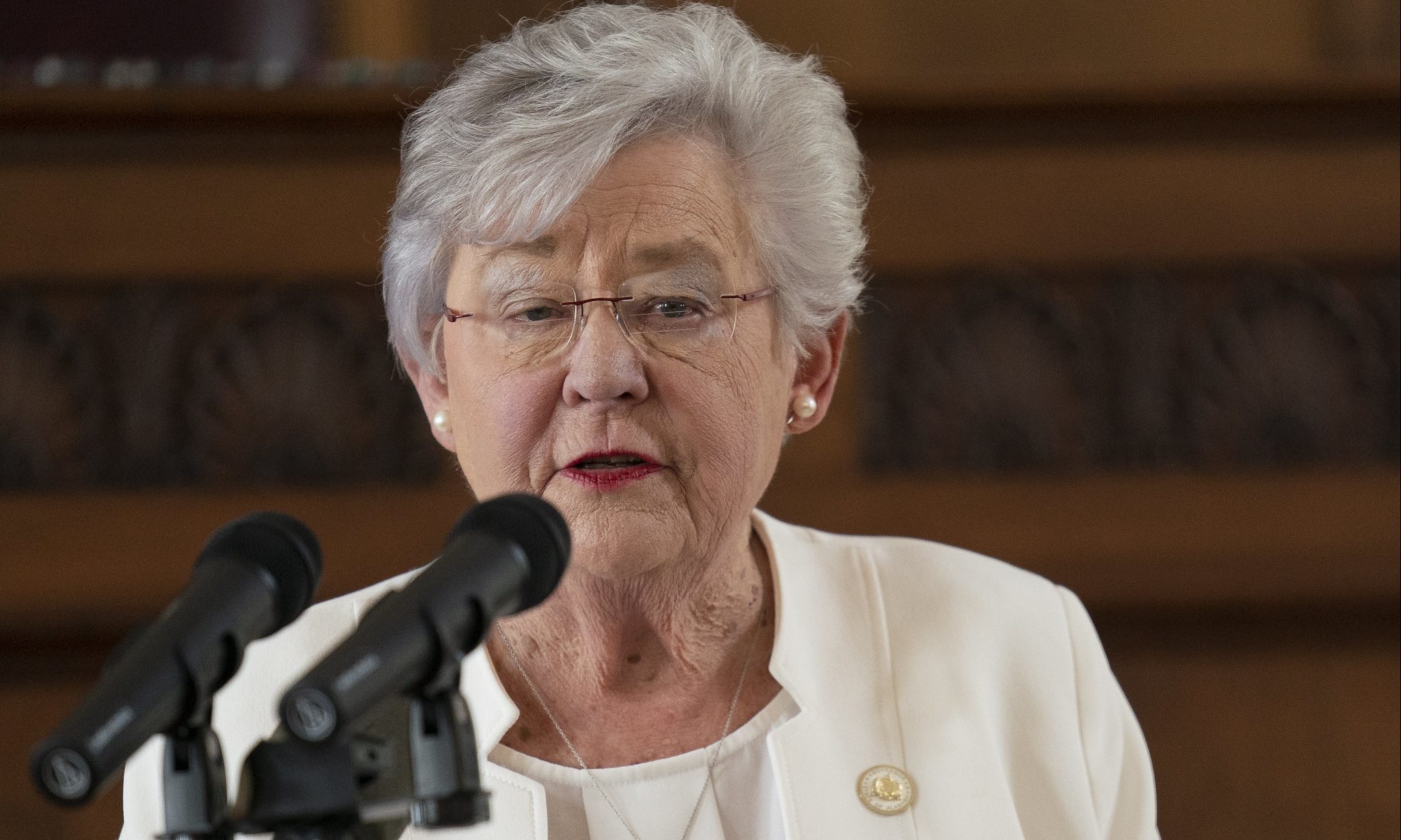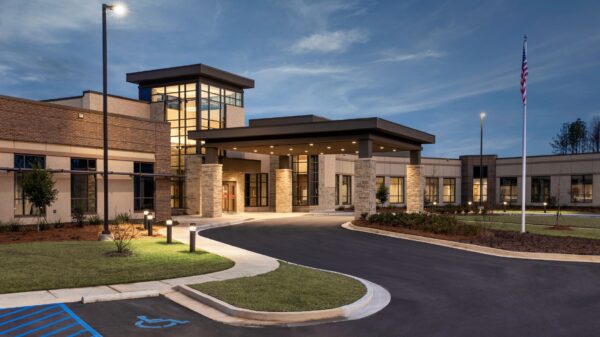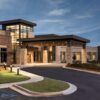Suspicion and controversy surround the recently passed General Fund Budget, which includes around $1.8 billion given to the state to combat the economic ravages caused by the COVID-19 pandemic.
Money appropriated by the U.S. Congress under the CARES Act and signed into law by President Donald Trump was directly sent to the State Treasurer by order of federal law.
But senior Republican leadership, led by Senate President Pro Tem Del Marsh, R-Anniston, took control of the funds after refusing to coordinate with the governor on how the money would be spent.
More skepticism arose after a reported “wish list” was exposed that carried, among other things, a desire to use $200 million of the CARES money for a new State House for the 140 members of the state Legislature.
Marsh, on Saturday, said that he had prepared the wish list and that he thinks $200 million for a new State House is a “good idea.”
APR asked Gov. Ivey for comment about the turmoil caused by the Legislature’s appropriation of the federal funds without consultation with the governor’s office.
“I would bet that 99 percent of the Legislature – from both chambers and in both parties – didn’t even know that a ‘wish list’ was being put together on how to spend the CARES Act money, much less all the federal strings that are attached to this bill,” Ivey responded.
Guidance setting forth the Department of the Treasury’s interpretation of limitations on the permissible use of the CARES Act was issued on April 22, 2020.
Still, many legal questions remain, and the Legislature commandeering of the funds has further muddied the already murky water.
“Federal dollars always carry federal strings and that’s what we’ve been working on to understand how this money can and can’t be spent,” said Ivey.
It appears, in a rush to add the CARES funds to the budget, not all members of the Legislature were aware of what was happening behind the scenes.
“I’ve had several legislators reach out to me to make certain I knew that they had no idea what was going on with this money,” Ivey said. “The speaker, himself, told me he wasn’t aware of all the things that were on that list, and I believe him.”
Ivey said she knows all the members of the legislature and served closely with many of them when she was the lieutenant governor.
“I consider most of them to be friends, some really good friends. The vast majority – 99 percent – are good, honest, honorable people who’ve been elected to represent their particular area of Alabama that they call home,” Ivey said.
When the return to session was announced, Speaker Mac McCutcheon, R-Monrovia, and Marsh said that the goal was to pass the budgets and a few local bills.
However, the Senate quickly changed the game, looking to pass several pieces of legislation that had nothing to do with the budget or local issues.
The Senate’s move to go beyond the scope of the original agreement between the House and Senate drew swift criticism from McCutcheon.
More trouble has arisen because lawmakers went far beyond agreements with Ivey about what the budgets would contain.
“The bottom line is when Speaker McCutcheon and Senator Marsh told me they were going to pass ‘barebones’ budgets, non-controversial local legislation and the education bond issue, I took them at their word,” said Ivey. “There are tens of thousands of Alabamians – probably a lot more – that are truly hurting, and they don’t care one bit about petty political games being played in Montgomery.”
Several lawmakers who spoke with APR on condition of anonymity for fear of reprisal point the finger at Marsh for inciting what has become a public standoff with the Ivey administration.






















































